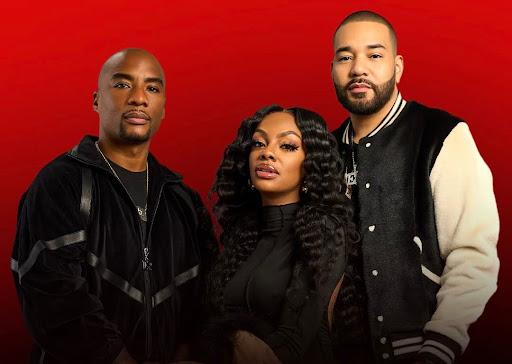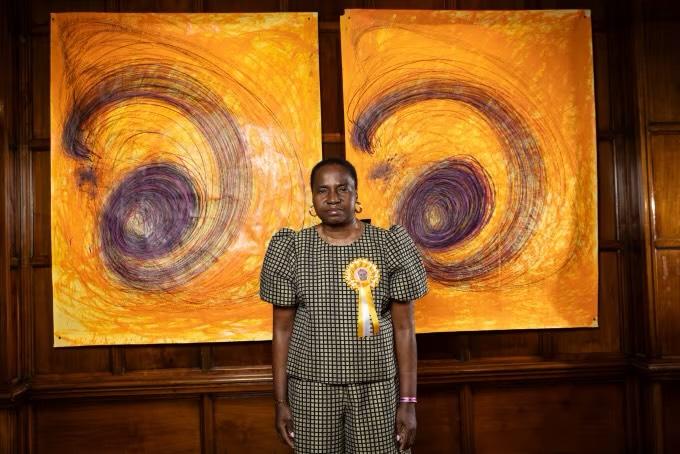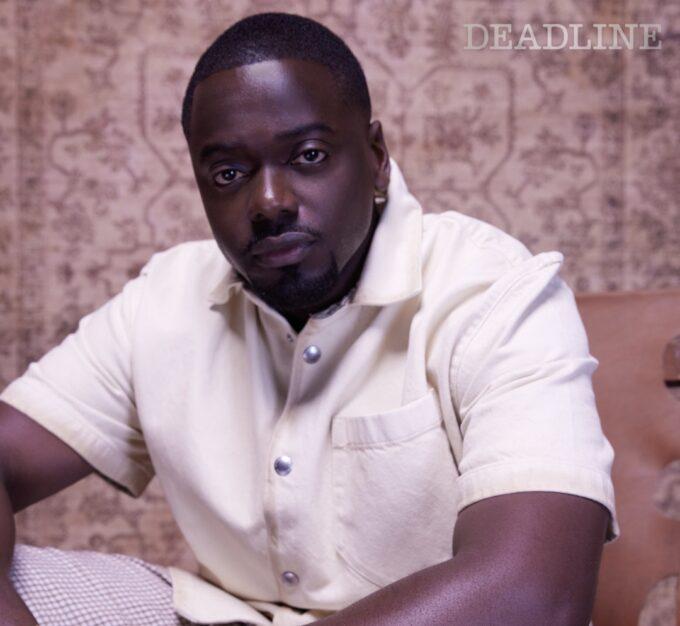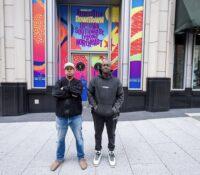The Move of Washington Wizards and Capitals: Implications for Downtown D.C.

In a turn of events that has sent shockwaves through Washington D.C., the city braces for the departure of its beloved sports teams, the Washington Wizards and the Capitals. Despite a last-ditch effort by officials with a $500 million proposal to retain the teams, their relocation to a new arena in Virginia is now inevitable unless Alexandria’s council or Viginia’s General Assembly votes against it. This development comes after years of unfulfilled requests by Ted Leonsis, owner of the teams, to modernize the Capital One Arena. This decision, largely attributed to the city council’s prioritization of other initiatives over the retention of these teams, is poised to have profound impacts on downtown D.C., particularly in areas like Chinatown that are already reeling from the aftermath of the pandemic.
Ted Leonsis’s Unheeded Requests
For years, Ted Leonsis advocated for the modernization of the Capital One Arena, a request that city officials continuously overlooked. This neglect is now seen as a critical missed opportunity to retain the teams in D.C. Leonsis’s vision for a revitalized arena could have potentially transformed the sports landscape in the city, drawing more visitors and enhancing the fan experience.
Impact on Downtown Businesses
The relocation of these sports teams is expected to significantly affect downtown businesses. The area, thriving on the foot traffic and patronage brought in by arena visitors, faces a potential downturn. Restaurants, retail stores, and service providers that relied heavily on game-day crowds might see a substantial decrease in customers. This could lead to reduced revenue, possible closures, and an overall decrease in economic activity in the area, exacerbating the challenges businesses are already facing due to increased crime rates and the lingering effects of the pandemic.
Effect on Social Life of Residents
The move is not just a financial blow but also a social one. The presence of major sports teams in downtown D.C. has been a cornerstone of social life, offering residents and visitors alike a reason to gather, celebrate, and engage in community activities. With their departure, the area might lose a significant part of its allure, potentially leading to less vibrant street life and fewer communal events. This change could alter the social fabric of the neighborhood, impacting the quality of life and community engagement of its residents.
Influence on Property Values
The exit of these key sports franchises could also influence property values in downtown D.C. Areas surrounding sports arenas often benefit from higher property values due to the increased demand for housing and commercial spaces. The relocation might lead to a dip in these values as the allure of living and doing business near a major sports and entertainment venue diminishes. This could have a broader impact on the real estate market in downtown D.C., affecting both homeowners and investors.
Opportunity for Revitalization
The city now faces a critical juncture. With the teams not relocating until at least 2028, there is a window of opportunity for substantial investment in downtown D.C. The proposed $500 million, initially offered to Monumental Sports, could be redirected to invigorate downtown. Investing in local entrepreneurs and innovative projects could transform the area into a new destination, independent of the sports teams. This strategy could include enhancing cultural, entertainment, and business attractions, thereby creating a diversified and resilient downtown economy.
While the departure of the Washington Wizards and Capitals marks a challenging phase for downtown D.C., it also presents an opportunity for transformation and growth. By channeling resources and efforts into revitalizing the area, the city can mitigate the adverse effects of this move and pave the way for a new era of prosperity and vibrancy in downtown Washington D.C.
Featured Listings
The Breakfast Club Is Headed to Netflix as Video Podcasts Take Center Stage
The culture is headed to a new screen. The Breakfast Club, the...
Nnena Kalu Makes History as First Learning-Disabled Artist to Win Prestigious Turner Prize
Nnena Kalu has officially made history. The Glasgow-born Nigerian artist has been...
Daniel Kaluuya Reveals Spider-Punk Animated Series Is Officially in the Works
Daniel Kaluuya is once again proving that his creative vision stretches far...
Howard University Hospital’s Sickle Cell Center Gets Funding Boost, Offering New Hope for Patients Across D.C.
For many people living with sickle cell disease, the pain is not...














Leave a comment